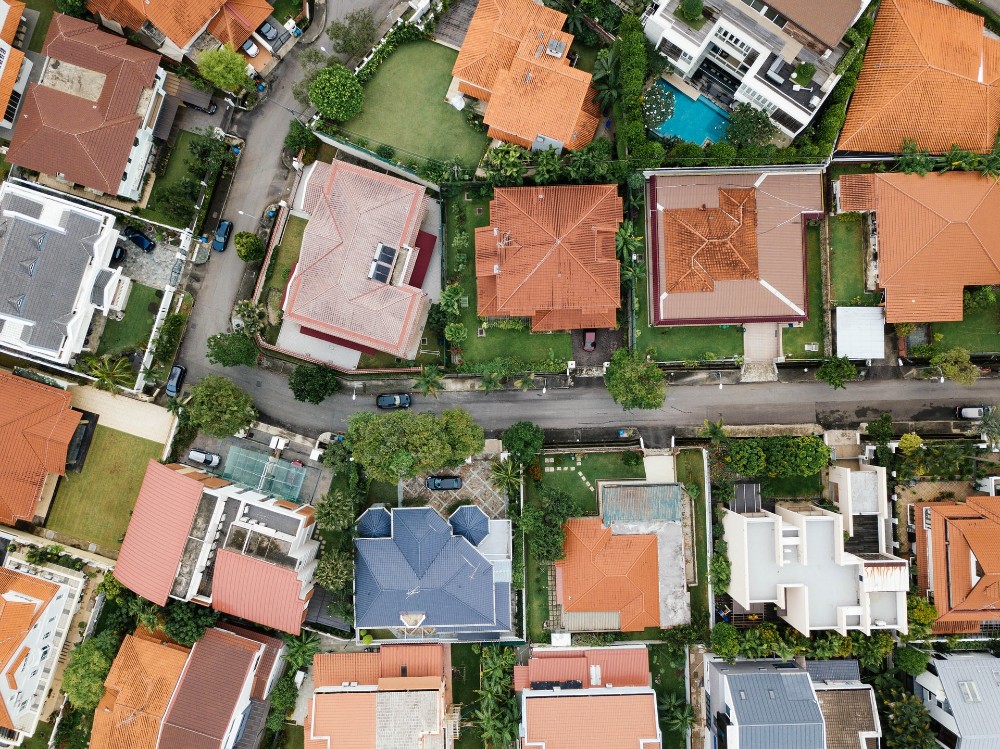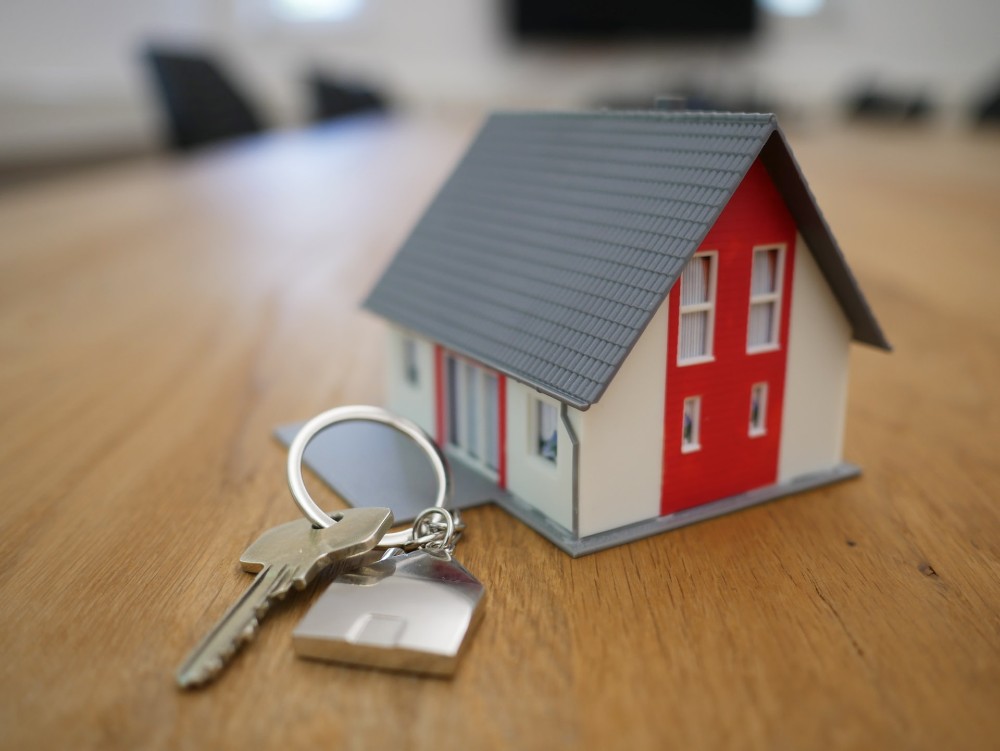A Quick Summary
Buying your first rental property can be daunting, but armed with the right tools and knowledge, you’ll be able to make better decisions easily. Our step-by-step guide will steer you in the right direction as you begin your real estate investment journey into rental properties.
Table of Contents
The Rental Rat Race
Real estate can be a successful tool for you in terms of achieving your financial goals, and if you’re thinking about entering the market there are a few ways in which you can start your real estate investing journey. One of these is by purchasing a rental property. Buying a rental property can be daunting, and if you’re just starting out in the real estate game, it’s hard to know where to get the best advice from. So, we’ve got a few tips and tricks to get you started on your journey and to shed some light on the topic of buying rental properties.
Why Should You Buy a Rental Property?
While this isn’t the only real estate investment avenue, there are several benefits to buying an investment property which is why many investors choose this option. These benefits begin with that fact that you’ll be receiving rental money every month which helps your cash flow because this monthly income is something you can rely on, and it becomes a type of ongoing profit. The fact that you can use a loan to buy the property is another benefit, because it means that you don’t need to have the funds available upfront.
We all know that property generally appreciates over time, so your investment will increase in value while the tenants pay off your mortgage. Seems like a win-win situation! Not to mention the various tax benefits that come with owning a rental property, among which are the extremely low taxes for rental income.
Wondering how to buy your first rental property? We’ll walk you through it in our quick step-by-step guide below.
6 Steps to Buying Your First Rental Property

Step 1: Do your homework
First things first, before you think about buying a rental property, you need to make sure that you’re well acquainted with the property market. Part of your initial research includes coming up with solid investment goals that you can stick to. These goals can be the basis of many of your choices as you venture further down the real estate investment path. It’s easy to lose sight of the end goal, so outlining your objectives at the start will help you stay focused and make more strategic decisions, and less emotional ones.
Once you’re comfortable that you know enough about real estate and the market, and you’ve set out your investment goals, you can ask yourself a few questions. Am I cut out to be a landlord? How much time can I dedicate to this? What sort of funds do I have available for this? Can I stay afloat in months where I won’t receive any rental income? These questions will guide your next few decisions as you begin your rental property search. For example if you don’t have the time to be a landlord this means that you’ll need to get a property manager, or if you don’t have any funds upfront, this means that you’ll need a get a bigger mortgage, and so on.
Step 2: Pick your location
It’s important to buy property in an area that you know well and can make the most informed decisions about. This doesn’t mean that you have to invest in the neighborhood where you live necessarily, but somewhere that you know well is an advantage. So, your next step is to pick the right location for your rental property purchase and along with this, decide what type of property you’d like to buy.
For example, if you’re happy to renovate or spend money on doing the property up before you rent it out, this opens the door to purchasing fixer-uppers or properties that are at a lower price but need some TLC. The type of property you’re looking for will shape your next steps, for example if you’re looking for a single-family home to purchase, you may have more appreciation potential on it, however you’d get more rental income from a multi-unit property. Pick your location and property type carefully as these are very important decisions but there’s no blueprint for this, it all depends on what works best for your needs as the investor.

Step 3: Get your bucks in a row
Before you can begin shopping for properties, you’ll need to figure out how you’re going to finance this major purchase. Financing an investment property is quite different to financing your primary residence. Investment property mortgages are considered higher risk than properties you’re buying to live in, so finding finance can be a little more challenging. If you choose to get a mortgage with a bank, approval will depend on your credit score and employment, as well as your assets and debt overall.
Another option for financing is asset-based loans which revolve around the asset itself (the investment property) and not your personal qualifications. The conditions for loan approvals from lenders like this can vary quite a lot from the banks, and in many cases, applying for funds through companies like New Silver can be easier and much quicker.
Step 4: Calculate your cash flow
Once you’ve lined up funding, it’s time to look at the real numbers and figure out how you can generate a positive cash flow, because starting out with a negative cash flow isn’t going to stand you in good stead for a successful real estate investment journey.
First consider how much rental you will be getting every month, if you’re not sure how much this will be then take a look at similar properties in the area that are being rented out, to get a ballpark number. Next, consider your mortgage amount and subtract this, along with taxes and insurance from the rental amount. Now, consider the property expenses that could arise, such as repairs, and factor this into your cash flow. It’s also a good idea to set aside a percentage of the rental amount for potential vacant months and property maintenance.
Don’t forget to factor in your property manager (if you need one), as this will be an extra expense every month that could very well be vital. Once you’ve worked all of this out, you can figure out whether your rental cash flow is going to be positive or negative, and if it’s negative you should go back to the drawing board and select a different location or property type.

Step 5: Hunt for properties
Now that you’ve lined up your finance and balanced out your cash flow, you’re ready to buy your first rental property. This is the fun part where you can start shopping for properties. The trick here is to analyze, analyze, analyze. Look at many potential deals and run the numbers on each, until you get more comfortable with what you need to find.
A good rule of thumb is to find a property where your Return on Investment is a minimum of 15%. It’s also advisable to buy a property that is 10-20% below market, to maximize your financial security and minimize your risk. Rent should be at least 1% of the price you pay for the property, so if you buy a $300,000 home then the rent should be at least $3,000.
Remember to look at properties through the eyes of an investor and not from a personal point of view, or you could get caught up in minor details instead of focusing on the features that make it a suitable property for renters. A real estate agent can be helpful in this regard, however you don’t have to use one if you feel comfortable enough on your own.
Step 6: Make an offer
This is the most exciting part, finally making an offer on your first rental property. It’s important to note that you’ll have to be quick when making an offer on an investment property, the market is competitive and once you’ve found a good deal you’ll need to act fast or you could miss out. Out of every 10 or 20 offers you make, you may find that only 1 of those will get accepted, so bear this in mind when you’re making your offers. You will also need to negotiate the purchase price, which your real estate agent can help you with.
Once your offer has been accepted, you’re officially a real estate investor and just like that your journey has begun. Remember, knowledge is your best friend in the real estate game, so get started on your research… the more you know, the better.



